
ALL ABOUT FLEX PCB
-
What is Peel-off Mask
Posted by
–
 Read more: What is Peel-off Mask
Read more: What is Peel-off MaskIntroduction to Peel-off Masks Peel-off masks have become increasingly popular in recent years as a quick and easy way to achieve glowing, healthy-looking skin. These masks are designed to be applied to the face, allowed to dry, and then peeled off, taking with them any impurities, dead skin cells, and […]
-
What is Registration Compatible?
Posted by
–
 Read more: What is Registration Compatible?
Read more: What is Registration Compatible?Introduction to Registration Compatible (RegComp) Registration Compatible, or RegComp, is a key concept in the field of computer science and software development. It refers to the ability of different software components, modules, or systems to work together seamlessly without any compatibility issues. In other words, when software components are RegComp, […]
-
The Smallest Possible Distance Between Two Holes
Posted by
–
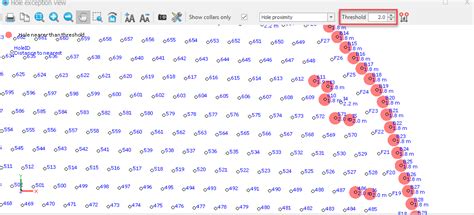 Read more: The Smallest Possible Distance Between Two Holes
Read more: The Smallest Possible Distance Between Two HolesIntroduction to Hole Proximity Hole proximity refers to the minimum possible distance between two holes in a given material or structure. This concept has important implications in fields ranging from physics and engineering to manufacturing and materials science. The ability to precisely control and minimize the distance between holes enables […]
-
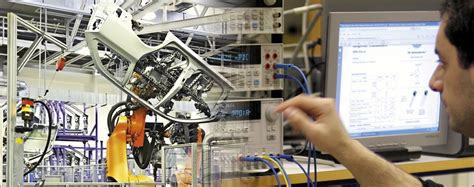 Read more: Electronics & Automations 2024 – Register Now (EN
Read more: Electronics & Automations 2024 – Register Now (ENWhat is Electronics Automations 2024? Electronics Automations 2024 is the premier global conference and exhibition focused on the latest innovations, trends, and technologies in electronics and automation. The event will be held at the state-of-the-art Phoenix Convention Center in Phoenix, Arizona from April 15-18, 2024. Electronics Automations 2024 brings together […]
-
PCB Art – Scarab by Boldport
Posted by
–
 Read more: PCB Art – Scarab by Boldport
Read more: PCB Art – Scarab by BoldportIntroduction to PCB Art and the Scarab Project PCB art is a unique form of artistic expression that combines the functionality of printed circuit boards (PCBs) with aesthetic design. By creatively arranging the copper traces, components, and solder masks, artists can create visually stunning pieces that double as functional electronic […]
-
Slotted holes not shown correctly
Posted by
–
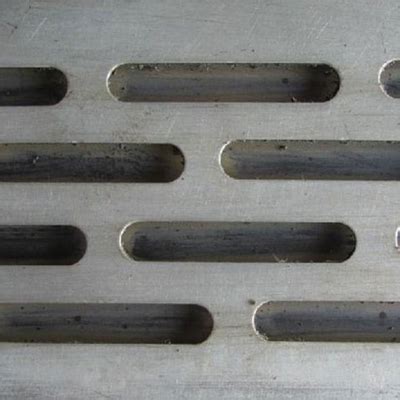 Read more: Slotted holes not shown correctly
Read more: Slotted holes not shown correctlyIntroduction Slotted holes are a common feature in mechanical engineering drawings, used to provide adjustability and allow for variations in part alignment during assembly. However, slotted holes are sometimes not depicted accurately on drawings, leading to slotted-hole discrepancies that can cause issues during manufacturing and assembly. In this article, we’ll […]
-
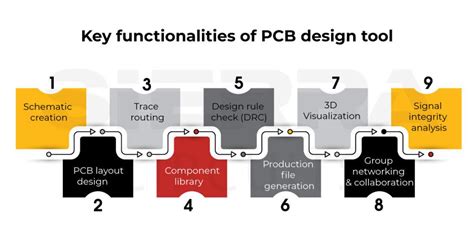 Read more: Visualize your PCB: fast and throughout the whole business process
Read more: Visualize your PCB: fast and throughout the whole business processIntroduction Printed Circuit Boards (PCBs) are the backbone of modern electronics. They are used in almost every electronic device, from smartphones and laptops to industrial equipment and aerospace systems. The process of designing, manufacturing, and testing PCBs is complex and involves multiple stakeholders, including designers, engineers, manufacturers, and customers. Effective […]
-
How do we galvanise PCBs
Posted by
–
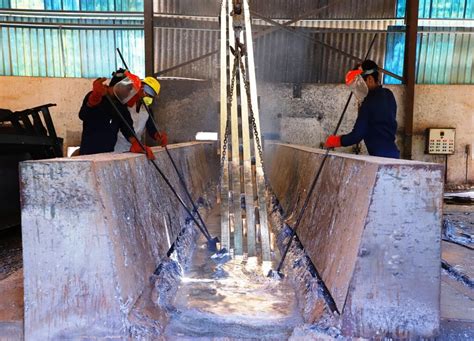 Read more: How do we galvanise PCBs
Read more: How do we galvanise PCBsWhat is Galvanising? Galvanising is a process of applying a protective zinc coating to steel or iron to prevent rusting. The most common method is hot-dip galvanizing, in which parts are submerged in a bath of molten zinc. This process forms a thick, durable, and corrosion-resistant coating that can protect […]
-
Mentor impresses with PCB layout software
Posted by
–
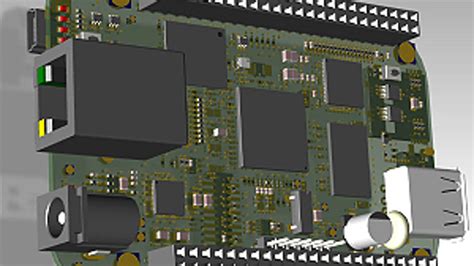 Read more: Mentor impresses with PCB layout software
Read more: Mentor impresses with PCB layout softwareIntroduction to Mentor PCB Mentor, a Siemens business, is a leading provider of electronic design automation (EDA) tools for designing and manufacturing printed circuit boards (PCBs). Their PCB layout software offerings, including Xpedition and PADS, are trusted by engineers worldwide to create complex, high-density PCB designs efficiently and accurately. Key […]
-
PCB Assembly requires good BOM and CPL Data
Posted by
–
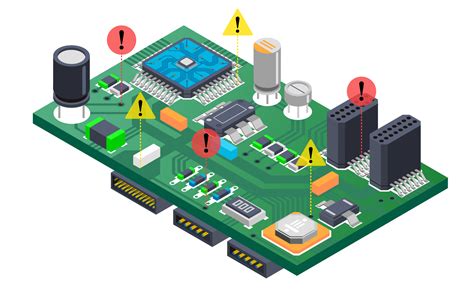 Read more: PCB Assembly requires good BOM and CPL Data
Read more: PCB Assembly requires good BOM and CPL DataIntroduction to PCB Assembly and the Role of BOM and CPL Printed Circuit Board (PCB) assembly is the process of soldering or mounting electronic components onto a PCB. It’s a complex process that requires careful planning, precise execution, and detailed documentation. Two critical pieces of documentation in PCB assembly are […]




